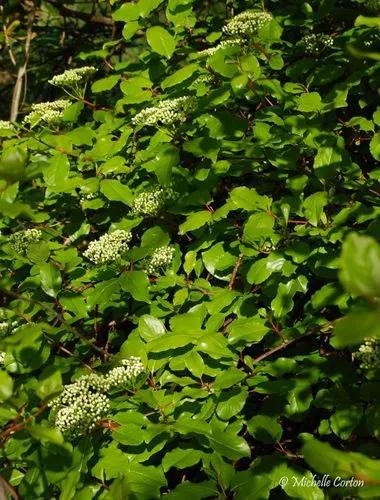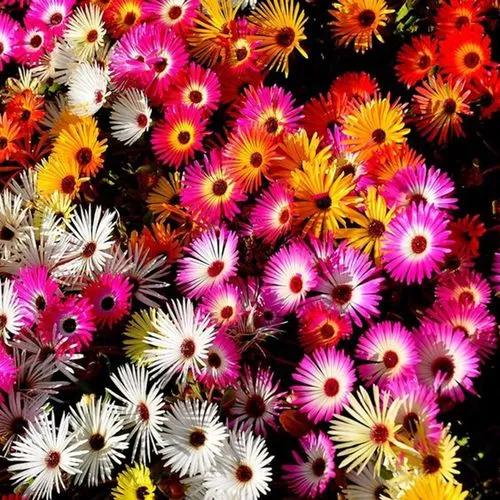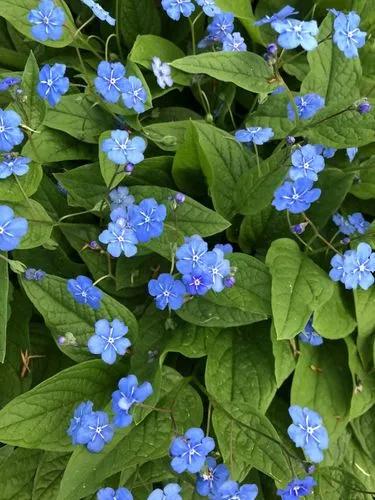Epipactis palustris, commonly called marsh orchid or marsh helleborine, is a fleshy-rooted ground orchid with long horizontally-creeping rhizomes. It is a plant typically found growing in neutral to highly calcareous soils, particularly favoring seasonally inundated marshy areas where competition from other vegetation is reduced.
Epipactis Palustris Care
Epipactis Palustris



How to Care for the Plant

Water

The best place to water your plant is in the kitchen sink. Use lukewarm water (do not use salt softened or distilled water) and water your plant for about 15 seconds and be sure to thoroughly wet the media. Then allow the plant to drain for about 15 minutes. It may appear dry but it has had enough water.

Pruning

To improve their appearance, you should prune out any brown or yellow fronds.

Fertilizer

Orchids need to be fed regularly. Growers suggest using a "balanced" fertilizer such as 20-20-20 that includes all "necessary trace elements." Regardless of the fertilizer formulation you choose to use, it should contain little or no urea.

Sunlight

Full sun to part shade.

Soil

An ideal soil would be made up of 45% minerals (sand, clay, silt), 5 % organic (plant and animal) material, 25% air and 25% water. The mineral portion would be loam (20 – 30% clay, 30 – 50% silt and 30 – 50% sand).

Temperature

Ideal temperatures should be approximately 65-75ºF + (18-24ºC +), closer to 70ºF is best.

Container

Plastic or clay
Discover more plants with the list below
Popular articles






